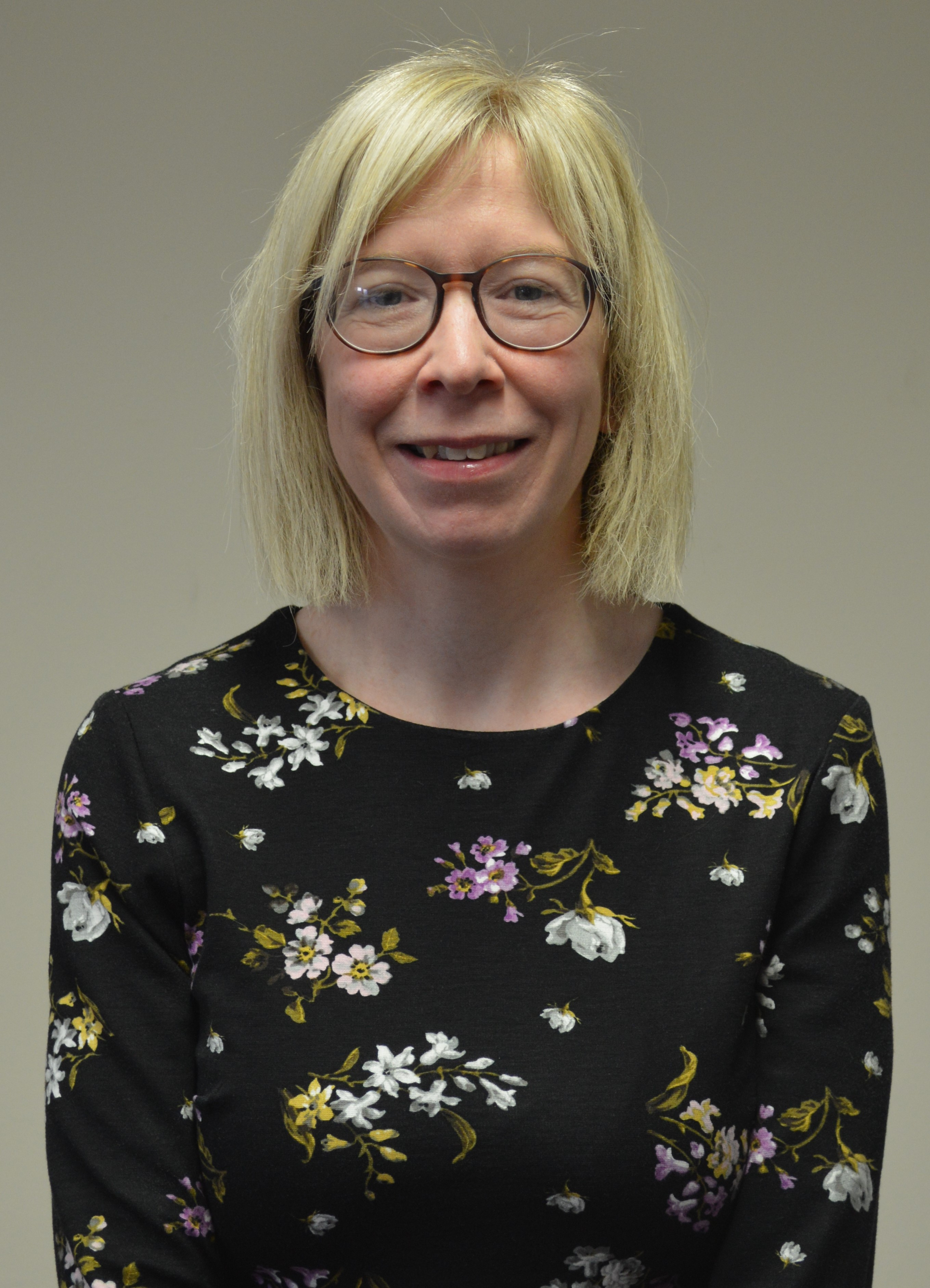Package summary
Notes
Courses in package
Autism, Learning Style, and Visual Teaching Methods
Event summary
Date
Start Time
End Time
Online Webinars, Online, Armagh
Booking closes
Autism, Learning Style, and Visual Teaching Methods
Visual strategies are often seen as the baseline for learning support strategies as they:
• Complement the learning style of many autistic children, young people, and adults.
• Can be introduced alongside other methodologies.
• Are adaptable, portable and can be used flexibly across environments.
The use of visual strategies can have a positive impact on how an autistic child experiences family, community, and school life. This session will address why visual teaching methods work. Delegates be more able to adapt the school or family environment and individualised activities in order, to enhance learning, play or leisure, academic and life skills.
Expected Outcomes
The audience will:
Understand how visual strategies support the learning style of autistic children and young people
Understand how visual supports may improve the learning experience in school, home and wider community.
Learn how to develop visual supports and implement visual strategies in a practical manner.
Notes
Location
Online Webinars
Get Directions
Carolyn Frazer
Autism and Communication
Event summary
Date
Start Time
End Time
Online Webinars, Online, Armagh
Booking closes
Autism and Communication
Autistic children and young people in the special school often experience communication challenges. Many autistic children and young people have differences in attention, language development and interaction which can impact their time in school and at home. Most autistic children are gestalt language processors. This means that they tend to process language in “chunks” or long scripts (echolalia), as opposed to single units. Gestalt language processors require a different approach to traditional language therapy.
This session will examine these differences in attention, language development and interaction. Understanding differences in communication styles is important as autistic students are more likely to be successful communicators in environments that are designed to encourage and support their efforts.
Participants will:
-
Understand autistic students’ differences in attention, language development and social interaction.
-
Reflect on their own interaction style and how this impacts the autistic young person.
-
Understand how to use engagement and child-led play as the starting point for communication.
-
Recognise that visual supports, as tools of communication with and for students, are critically important.
-
Recognise various forms of communication and use of a variety of communicative tools.
-
Gain ideas and practical strategies for making meaningful interactions with the student.
Course Overview
-
Attention in autism and its importance as a foundation for communication.
-
Language development in autism.
-
Supporting engagement through child-led led play and interaction.
-
Supporting challenges in receptive (understanding) language.
-
A look at verbal and non-verbal forms of communication.
Notes
Location
Online Webinars
Get Directions
Carolyn Frazer
Autism and Sensory Processing
Event summary
Date
Start Time
End Time
Online Webinars, Online, Armagh
Booking closes
Autism and Sensory Processing
Many autistic children and young people have differences in how they process the sensory stimuli in the world around them. A child or young person who presents with additional learning needs may experience more challenges with how he or she perceives and responds to sensory input.
This course is designed to look specifically at the sensory processing needs of autistic children and young people with other complex learning needs, such as communication difficulties, physical or sensory difficulties, attention difficulties and medical needs.
Expected Outcomes
Participants will:
-
Gain an understanding of the concept of sensory processing and how this relates to participation in daily activities.
-
Understand how sensory processing differences can affect the child or young person at home, in school and in other settings.
-
Understand the importance of identifying the potential sensory function of behaviours.
-
Gain knowledge about modifications and supports, which can address the sensory processing needs of the children and young people with additional and complex learning needs at home, in school and in other settings.
Overview:
-
Introduction to sensory processing.
-
The sensory processing differences, which may be experienced by a child or young with additional and complex learning needs.
-
The impact of these sensory processing differences on participation in daily activities
-
Modifications and supports to meet the sensory processing needs of the child or young person with additional and complex learning needs.
-
Understand the importance of identifying the potential sensory function of a behaviour.
-
Gain knowledge about intervention strategies, which can address the sensory processing needs of the children and young people with additional and complex learning needs at home, in school and in other settings.
Notes
Location
Online Webinars
Get Directions
Jill McCanney
Autism and Anxiety for those with additional learning difficulties
Event summary
Date
Start Time
End Time
Online Webinars, Online, Armagh
Booking closes
Autism and Anxiety for those with additional learning difficulties
Many autistic children may experience anxiety, with some experiencing significant anxiety difficulties. For many, school is a major source of stress. A child or young person who presents with additional learning needs may experience more challenges with how they perceive and respond to the environment around them.
This session is an introduction to strategies that can be used to alleviate the experience of anxiety in autistic children.
This will include:
-
Understanding and recognising anxiety in students with additional needs
-
An introduction to relaxation-based strategies
-
How to develop student centred strategies to deal with anxiety.
Expected Outcomes
Participants will:
-
Understand how the difficulties experienced, including sensory difficulties, can contribute to the development of anxiety.
-
Understand how anxiety can escalate and may result in emotional dysregulation
-
Develop some simple strategies to prevent and respond to the escalation of anxiety including co-regulation strategies
-
Use of visual strategies and resources to support emotional awareness and communication around feelings/emotions
Course Overview
-
Anxiety triggers and build up.
-
“On the spot” anxiety management strategies.
-
Developing a stress kit.
Notes
Location
Online Webinars
Get Directions
